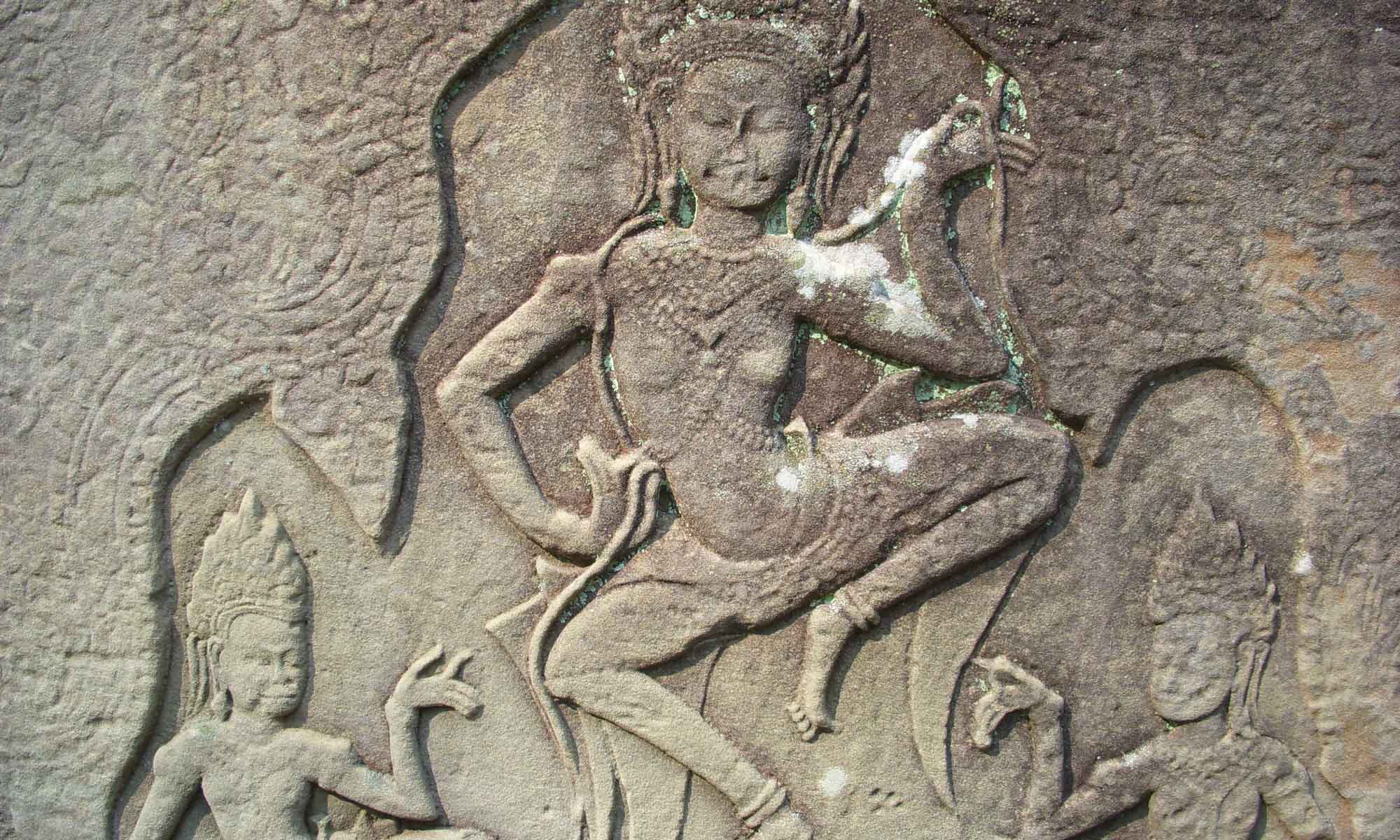This year, for the first time, ASWM offered book awards in three categories: nonfiction, fiction and poetry. The award series is named for Sarasvati, Hindu goddess of the arts and creativity. Judges for the fiction and poetry awards were bookstore owner Barbara Criswell of Aquarius Books in Kansas City, and ASWM board members Patricia Monaghan and Maureen Aakre Ross.
 Winner of the fiction award was Elizabeth Cunningham for Red-Robed Priestess (Monkfish Press), the final volume of a four-part series. In making their decision, the judges praised the book’s strong female figures, especially the leading character, Maeve, who was described as “embodying the passions and challenges of any woman’s life.” They also praised the author’s inventive yet respectful use of various mythologies and religious traditions, including Celtic and Christian. “Although this award is for a single book,” the judges added in their commendation, “this award also recognizes the three volumes of the Maeve series that have gone before and have served as mileposts in the literature of women’s spirituality.”
Winner of the fiction award was Elizabeth Cunningham for Red-Robed Priestess (Monkfish Press), the final volume of a four-part series. In making their decision, the judges praised the book’s strong female figures, especially the leading character, Maeve, who was described as “embodying the passions and challenges of any woman’s life.” They also praised the author’s inventive yet respectful use of various mythologies and religious traditions, including Celtic and Christian. “Although this award is for a single book,” the judges added in their commendation, “this award also recognizes the three volumes of the Maeve series that have gone before and have served as mileposts in the literature of women’s spirituality.”
Winner of the poetry award was Annie Finch for Among the Goddesses (Red Hen Press). In making their decision, the judges praised the poet’s penetrating connection of mythic figures with contemporary women’s issues as well as the bold centralizing of the conflicted issue of abortion at the book’s center.
The crafted narrative that links the individual poems was also singled out for praise by judges who noted that “the American reading public is less comfortable with non-narrative forms, so providing a strong story that draws the reader through the book was a decision that opened this intensely-crafted work to more readers.”  Yet the individual poems themselves were also praised as “high-caliber and high-octane poems in diverse voices” as well as “breaking away from the overwhelmingly self-centering personal voice that limits much contemporary poetry, while retaining the immediacy of dialogue.” A final unique quality praised by the judges was the potential of the work for public performance, which opens the work to larger audiences as well as to collaboration with artists in other media.
Yet the individual poems themselves were also praised as “high-caliber and high-octane poems in diverse voices” as well as “breaking away from the overwhelmingly self-centering personal voice that limits much contemporary poetry, while retaining the immediacy of dialogue.” A final unique quality praised by the judges was the potential of the work for public performance, which opens the work to larger audiences as well as to collaboration with artists in other media.






You must be logged in to post a comment.